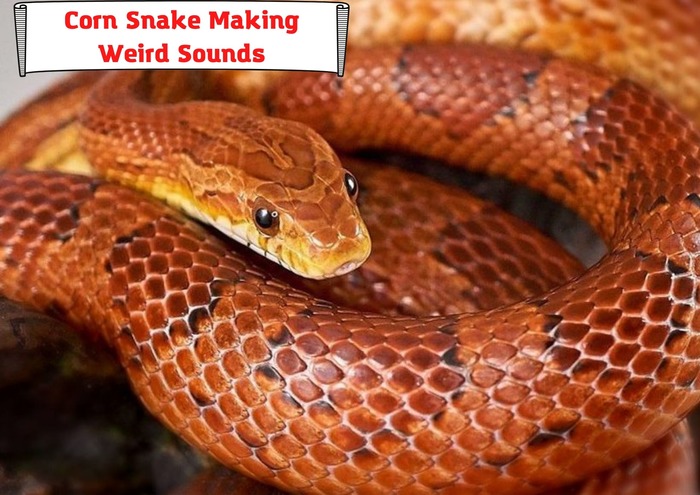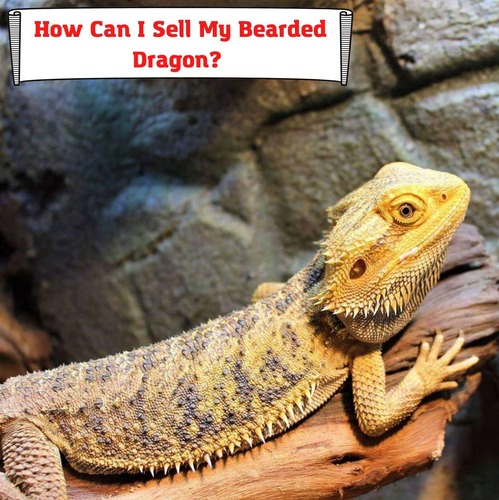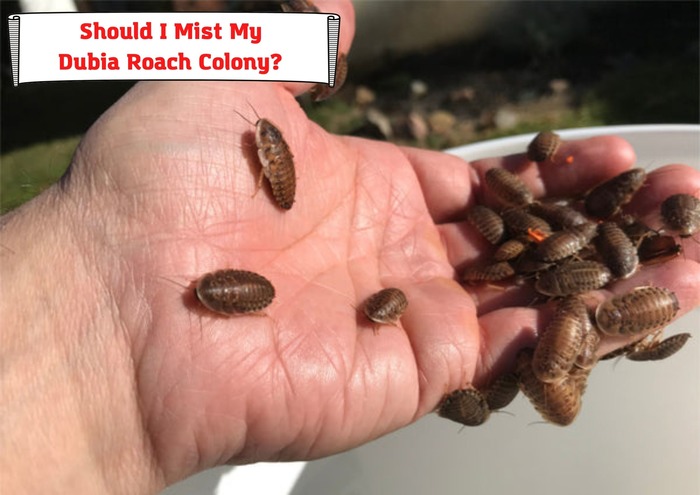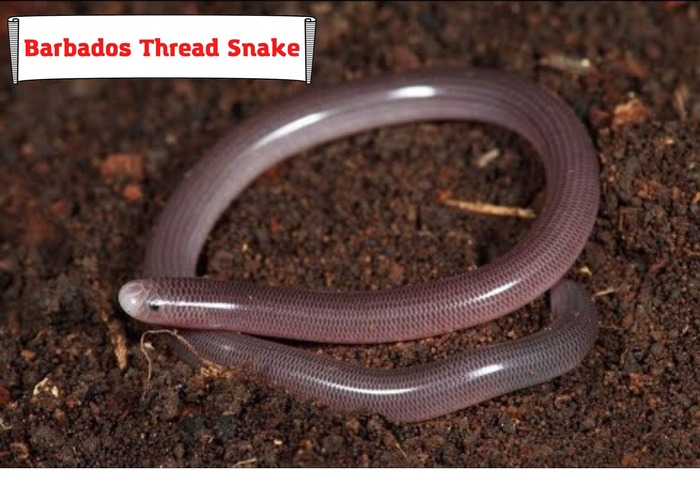Bearded dragons are highly tender creatures. They may look like mini-dragons and some people are even afraid of them. But actually, these guys are pretty friendly, they don’t attack people unless they feel real danger, and they need a lot of care.
Before we start our article about bearded dragons’ diet, we should warn you that these animals are extremely tender and they need your loving care every minute of their lives. These creatures aren’t as independent as they may sometimes look, but they will become your friends if you care about them properly. This is hard work to have a bearded dragon as your pet and it requires a lot of effort.
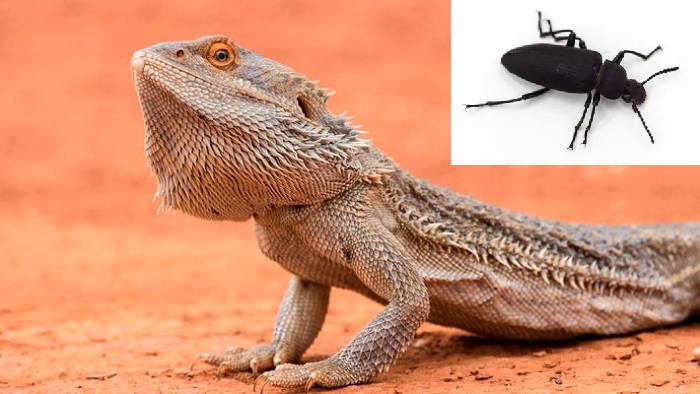
Here’s what we are going to talk about today:
- Bearded dragons’ diet questions – what do they eat?
- Can bearded dragons eat superworm beetles?
- What can go wrong with a poor diet for bearded dragons?
- What to do if your bearded dragon doesn’t want to eat?
Let’s get started!
What do bearded dragons love eating?
Bearded dragons need a lot of protein. They love eating different kinds of worms and also crickets. They need protein for all their body organs to function properly. But the list of things they can eat with pleasure and stay healthy is not that short.
Your bearded dragons may eat the following:
- crickets – probably their favorite food among all types of live food;
- mealworms – they also love having a snack with mealworms;
- kingworms – why not try this type of food for them;
- vegetables like sweet potato and many kinds of pepper;
- different fruit – but be careful with this, just start with small amounts.
Veggies and fruit may form up to 25% of the bearded dragons’ diet. You shouldn’t feed them with vegetables only, this will not make them healthier. Protein is the main element that they need from food, so there is no way your bearded dragon may become a vegetarian or a vegan. Be careful with new fruit and veggies – they all should be checked in small quantities before you decide if they can become part of your pet’s diet.
What about superworm beetles?
Superworms are actually one more type of food that bearded dragons can eat and stay healthy. They are not as good as other types of worms, but still, they are quite OK if you have nothing else to feed your pet. These worms are rich in protein, they are easy to consume for your bearded dragon, so they are OK.
But the superworm beetles may be a little different. Yes, your bearded dragon is likely to try and eat a beetle if it gets to the enclosure, but the consequences may be different.
Here are some of the most important things to consider:
- The age of your bearded dragon. Younger beardies shouldn’t be treated with live bugs and beetles. This food can get stuck in their throats or it will not be digested properly.
- The eating habits of your pet. Sometimes bearded dragons don’t like eating bugs. They are not good hunters and in the wild, they would prefer finding some worms to chasing a beetle.
- Size of the beetles. Although superworm beetles aren’t that big, they can make problems with digestion and with swallowing. You should always consider whether your bearded dragon likes eating beetles or not.
- Personal issues. Sometimes bearded dragons just don’t eat superworm beetles or any other beetles and bugs. They may be lazy to catch them or just may prefer other types of food.
Always respect your bearded dragon’s preferences and watch its behavior carefully. Otherwise, you may just harm your pet because you will give it some food it doesn’t like at all. The animal will try to eat the food but over time it may just die because of hunger. These beardies are extremely sensitive creatures and they need proper food so that their bodies could function properly.
Why are superworm beetles dangerous?
These beetles are quite active. And this is one major part of the problem. At first, your bearded dragon will just slowly chase the beetle around the enclosure, but in the end, your pet will attack the beetle and will try to eat it very fast. This may result in suffocation and swallowing problems.
Also, beetles like a superworm beetle may cause gut impaction because of the hard parts of bodies. This may result in an urgent need to go to a vet because otherwise, your pet may just die. Even a vet will not always be able to help your animal in this case.
Baby bearded dragons should not be given to eat superworm beetles and superworms. These worms and beetles have hard parts of their bodies like armor. Adult beardies can easily digest or just separate them from protein parts. But babies will not be able to do so. They may just die because of digestion or swallowing problems.
Also, sick and old beardies should be given some other food. Superworms and superworm beetles are quite hard to digest and consume safely. So just choose some other options that are safe and easy to consume for your pet.
What if your beardie doesn’t want to eat superworm beetles?
Let’s start with the important point that bearded dragons shouldn’t eat only superworm beetles. This can’t be their main diet. You will have to find something else to make superworm beetles 30-40% of their diet maximum. Today, you will have a lot of wonderful options you may breed at home or buy in a pet shop in your area. So superworm beetles are not the ideal and all-purpose decision for your beardie.
If your pet doesn’t want to eat superworm beetles, you should think about such reasons:
- injuries – an injured beardie will not show great wish to eat something, it may be any injury at all;
- illness – if your pet refuses eating at all, the beardie may be ill, you should immediately consult a vet;
- throat injuries – your bearded dragon may have hurt the throat last time it was eating a beetle, now the animal can’t swallow and doesn’t eat at all;
- personal preferences – your beardie may just not want to eat these beetles, but the pet will prefer some other types of food;
- your animal may be depressed because of bad conditions – temperature and humidity in the enclosure, for example.
At first, you should check if the animal isn’t hurt. Then, try some other food that should be OK with your pet. After that, the best decision will be to consult a vet. A veterinarian will tell you what to do, how to change the diet of your beardie, and what kinds of medicine to give. This will allow you to forget about eating problems in a week or two. But if the treatment doesn’t work much, you should consult a vet again.
Final words
Bearded dragons are extremely tender and sensitive creatures. They aren’t thought to be the best pets because they need a lot of care. You will have to make some efforts to provide it with a decent quality of life. But these animals are beautiful and they are so cool to have at home that many people can’t resist. Before you buy a baby bearded dragon, you should get prepared to what kinds of food your pet can consume.
Today we’ve been talking about superworms and superworm beetles. These creatures are obviously not the best options for your bearded dragon’s meals, but the beetles are still OK with many beardies. They can safely consume them and get the needed protein. If you think that your beardie doesn’t like the superworm beetles, you should check whether the pet can eat other types of food. If a beardie doesn’t eat any food, it may be a sign of a serious illness or injury.
- Pacman Frog Looks Deflated – What’s Wrong and What to Do? - August 7, 2023
- How to Put Snake Back in Cage after Feeding? Important Concerns - July 31, 2023
- Repta Boost: Instruction, Considerations, Ways to Use - July 24, 2023
